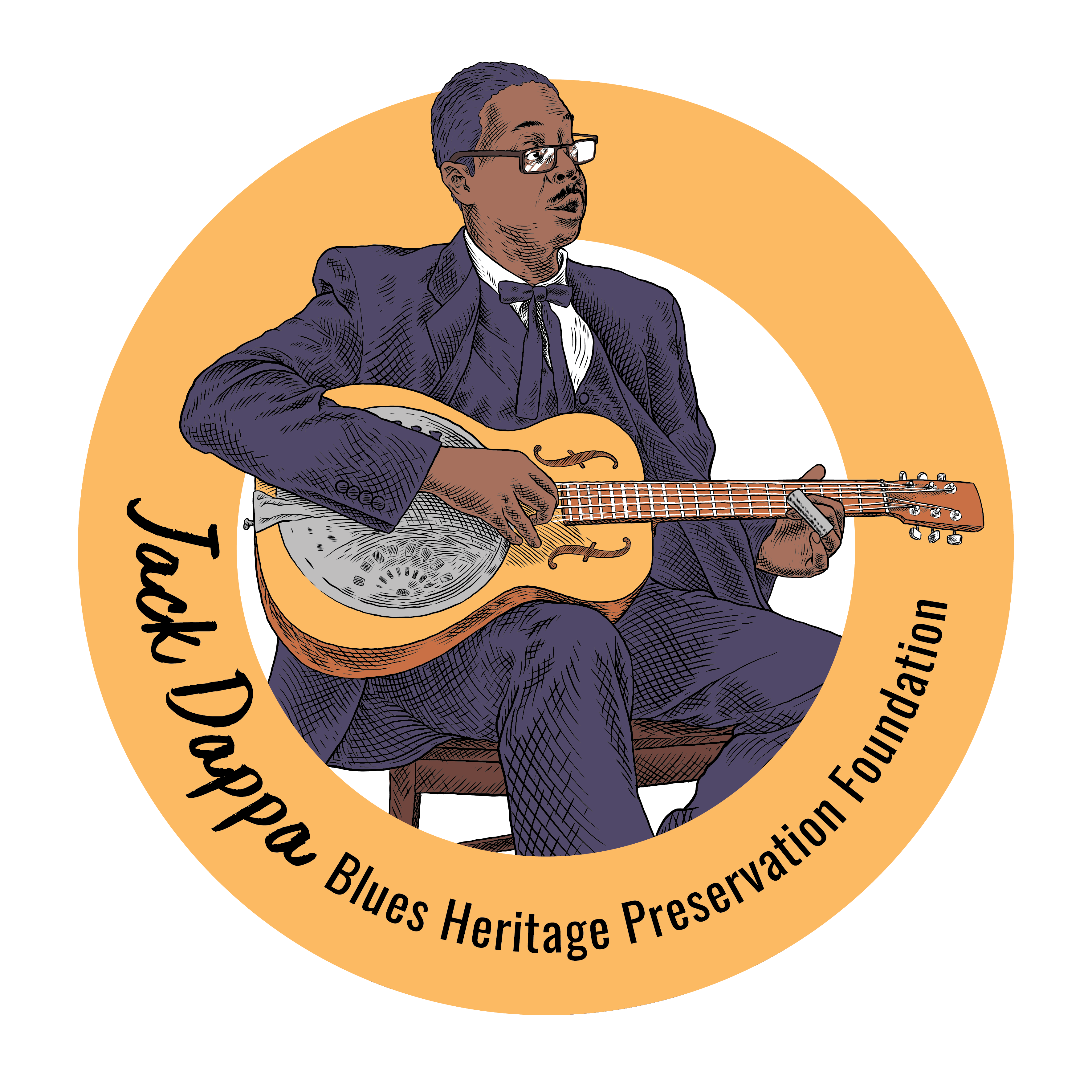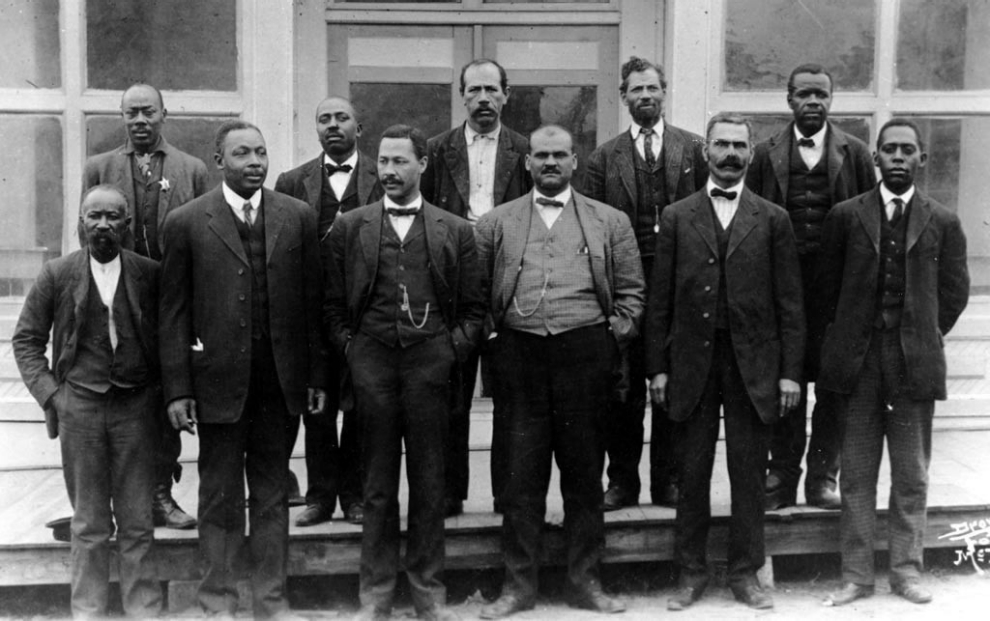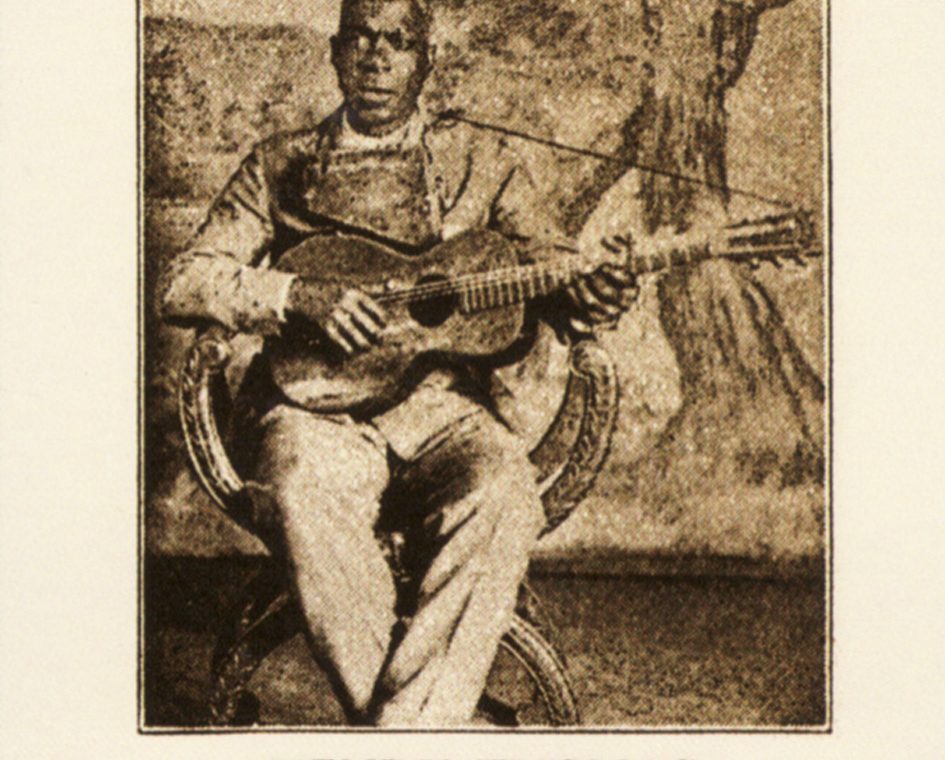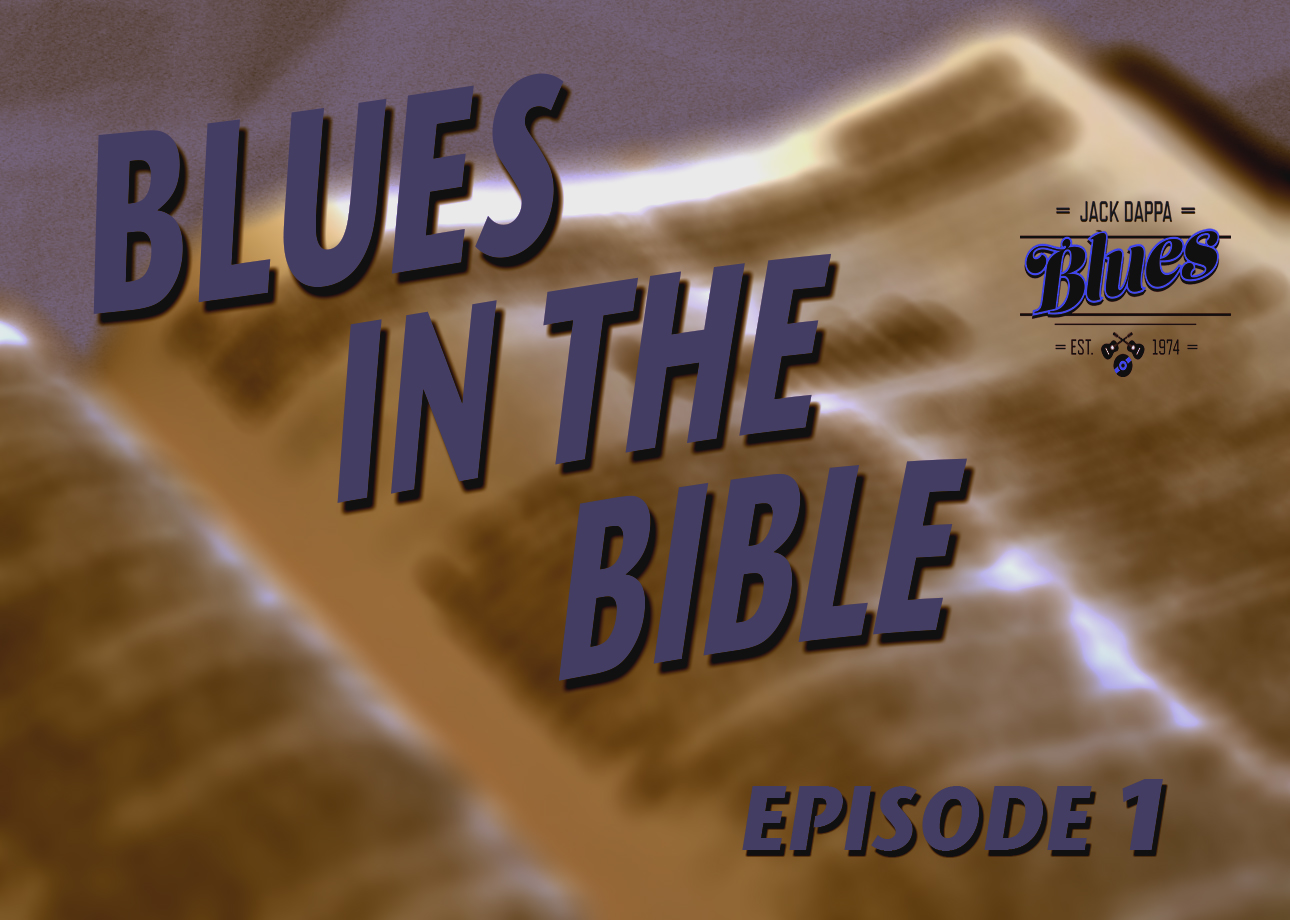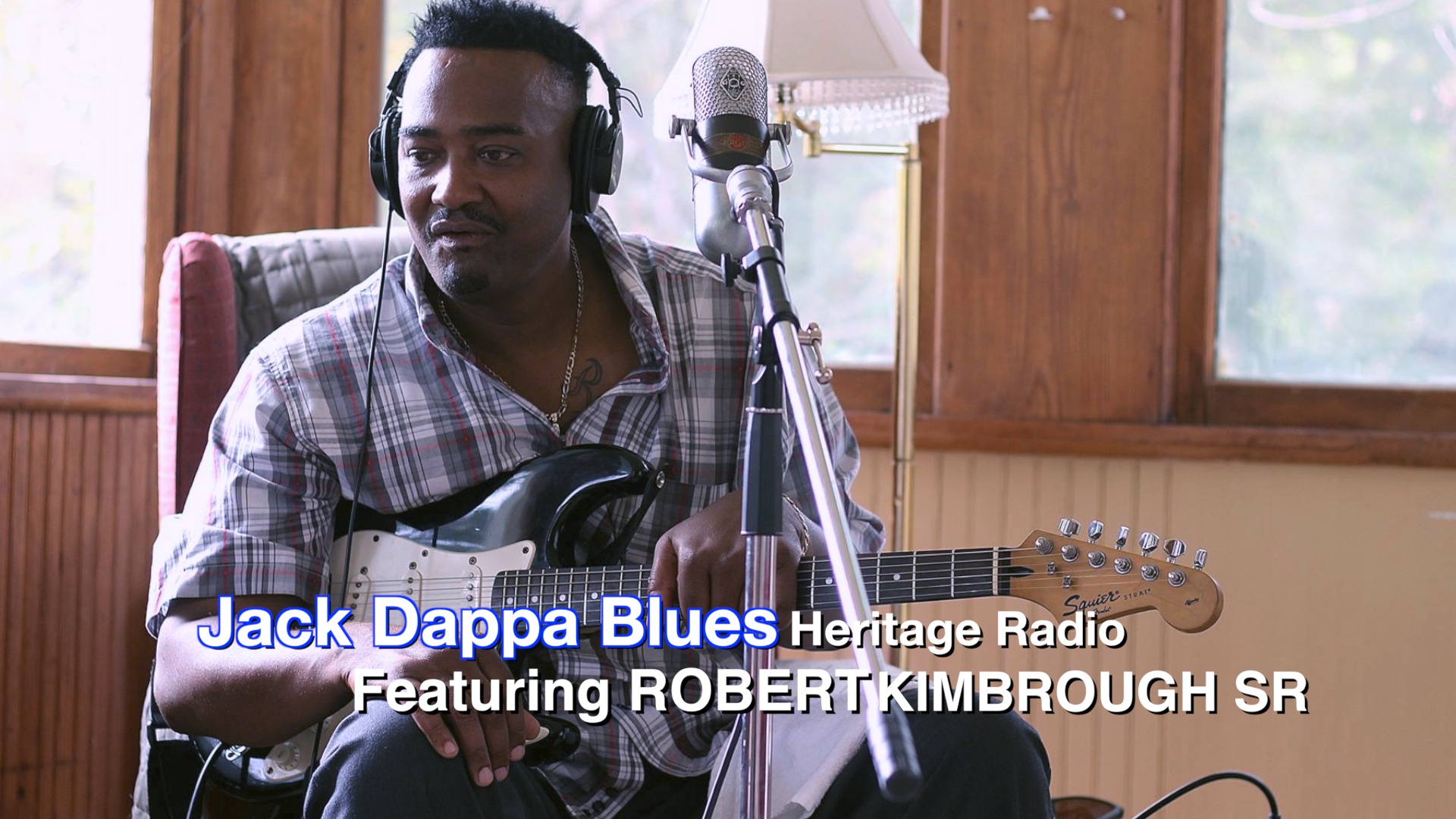Published By:
Lamont Jack Pearley
Most people know about Tulsa and Black Wall Street, however there is another All Black town in Oklahoma that is also famous for econimics, community and African American Progression as American Citizens…and that town is called Boley! We will be discussing the history of this town in regards to the Black Experience and African American tribal Music!
To Donate click Link paypal.me/LamontJack
To support our Crown Fund Campaign https://www.gofundme.com/we-are-public-media
BOLEY OKLAHOMA
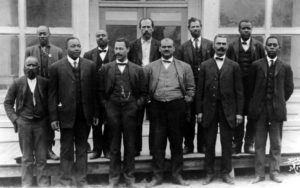 In the early twentieth century Boley, Oklahoma was the largest predominantly black town in the United States. Boley was officially opened for settlement in 1903 in Creek Nation, Indian Territory along the Fort Smith and Western Railroad. The interracial group that founded Boley included Lake Moore, a white attorney, John Boley, a white manager for the Fort Smith and Western Railroad, and Thomas M. Haynes, a black farmer and entrepreneur from Texas. The trio worked together with James Barnett, a Creek Freedman, to purchase the land of Barnett’s daughter Abigail, to form Boley’s nucleus. Southern migrants in search of better opportunities flocked to Boley and the town experienced rapid growth over the years.
In the early twentieth century Boley, Oklahoma was the largest predominantly black town in the United States. Boley was officially opened for settlement in 1903 in Creek Nation, Indian Territory along the Fort Smith and Western Railroad. The interracial group that founded Boley included Lake Moore, a white attorney, John Boley, a white manager for the Fort Smith and Western Railroad, and Thomas M. Haynes, a black farmer and entrepreneur from Texas. The trio worked together with James Barnett, a Creek Freedman, to purchase the land of Barnett’s daughter Abigail, to form Boley’s nucleus. Southern migrants in search of better opportunities flocked to Boley and the town experienced rapid growth over the years.
In its prime Boley was home to many businesses and institutions. There were numerous cotton gins and banks, schools both public and private, several fraternal clubs, and churches of every denomination. Boley had a railroad depot, a post office, a telephone company, and a power plant. The municipality also successfully bid to host Oklahoma’s main black fraternal lodge, a black tuberculosis hospital and the State Training School for Negro Boys. All who visited Boley, including Booker T. Washington, marveled at the ambition and vigor of the townspeople.
Upon Oklahoma statehood in 1907, the citizens of Boley, like all African Americans in Oklahoma, experienced major setbacks in their civil rights. Although the day to day effects of segregation were muted in Boley, most people in the town were disfranchised in 1910 when the grandfather clause became law. However, Boley was an important location for all blacks in the state as they worked to fight disfranchisement for the next two decades.
In addition to political turmoil, the town also faced economic difficulties that plagued most small towns in the United States at the time. By the 1930s, Boley began to experience a sustained population decline. Today Boley remains mostly black and is home to many descendants of the town’s original settlers. The town hosts a popular rodeo every Memorial Day weekend when family, friends, and visitors flock to the community once again.
Sources:
Melissa Stuckey, “’All Men Up’: Race, Rights and Power in the All Black Town of Boley, Oklahoma, 1903-1939″ (Yale University: Ph.D. Dissertation, 2007).
Courtesy of BlackPast.org
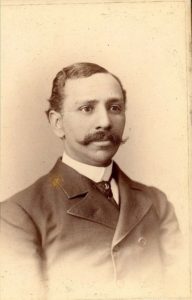 Edward P. McCabe was an African American politician and businessman most notable for his promotion of black settlement in Oklahoma and Kansas. Born in 1850 in Troy, New York, McCabe would attend school until his father’s death when he left school to support his family as a clerk on Wall Street. In 1872, he earned a job as a clerk in Chicago. Two years later, McCabe left Chicago for Kansas and arrived in the growing black community of Nicodemus in 1878.
Edward P. McCabe was an African American politician and businessman most notable for his promotion of black settlement in Oklahoma and Kansas. Born in 1850 in Troy, New York, McCabe would attend school until his father’s death when he left school to support his family as a clerk on Wall Street. In 1872, he earned a job as a clerk in Chicago. Two years later, McCabe left Chicago for Kansas and arrived in the growing black community of Nicodemus in 1878.
In Nicodemus, McCabe established himself as an attorney and land agent. When Graham County was established in 1880, McCabe was appointed temporary clerk and officially elected as county clerk the next year. In 1882, he successfully stood as the Republican candidate for state auditor, a victory which made him the most important black office holder outside of the south. However, as Nicodemus’s fortunes reversed and the town began to hemorrhage residents, McCabe left first for Washington and then for Oklahoma.
In Oklahoma, the number of blacks involved in the land rush as the territory opened to non-Indian settlement in 1889 led McCabe to realize the potential of the new territory, both as a haven from racism and as a potential source of personal acclaim and profit for himself. He purchased 320 acres, established Langston City, named for a recently elected black congressman, and hired agents to travel to the South to attract new settlers. McCabe promised, through these agents, that new settlers would be coming to “the… paradise of Eden and the garden of the Gods,” and capitalized on the rapidly deteriorating conditions in the South arguing: “Here the Negro can rest from mob law, here he can be secure from every ill of the southern policies.” The recruitment campaign was a success and by 1891, the town had over 200 residents.
Langston City was part of McCabe’s larger political ambitions. He hoped that broad African American settlement in the Oklahoma territory would catapult him into the Governor’s office. This prospect was greeted with excitement by the black press and was condemned by white and Native Americans. While McCabe was successful in promoting and inspiring all black towns in Oklahoma, between 1890 and 1910 thirty new all-black towns would be established, he would fall short of his political goals. He would never be governor and soon after Oklahoma was accepted into the union in 1907, the state legislature would pass transportation segregation legislation. McCabe would challenge the law in court, selling his Oklahoma home in the process to pay legal fees, only to have it upheld by the US Supreme Court in 1914. Edward McCabe died in Chicago in 1920 and was buried in Topeka, Kansas.
Sources:
Quintard Taylor, In Search of the Racial Frontier: African Americans in the American West 1528-1990 (New York: W.W. Norton & Co., 1998); William Loren Katz, Black People Who Made the Old West (Trenton: Africa World Press, 1992).
Courtesy of Blackpast.org
